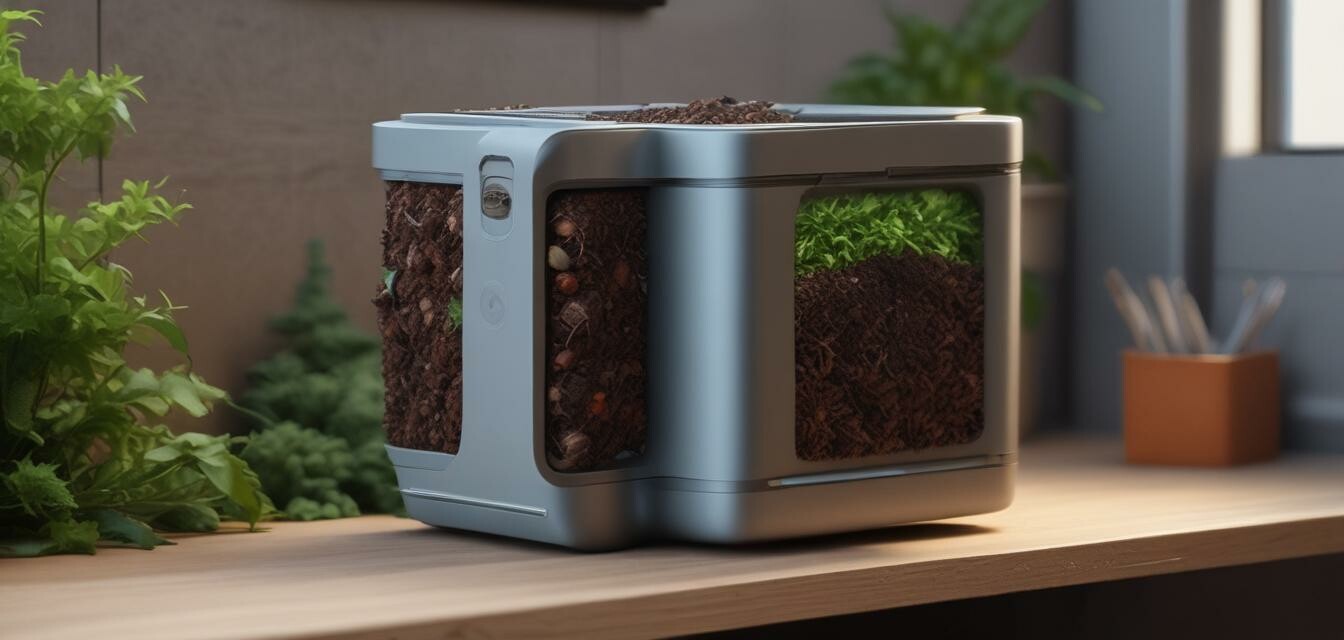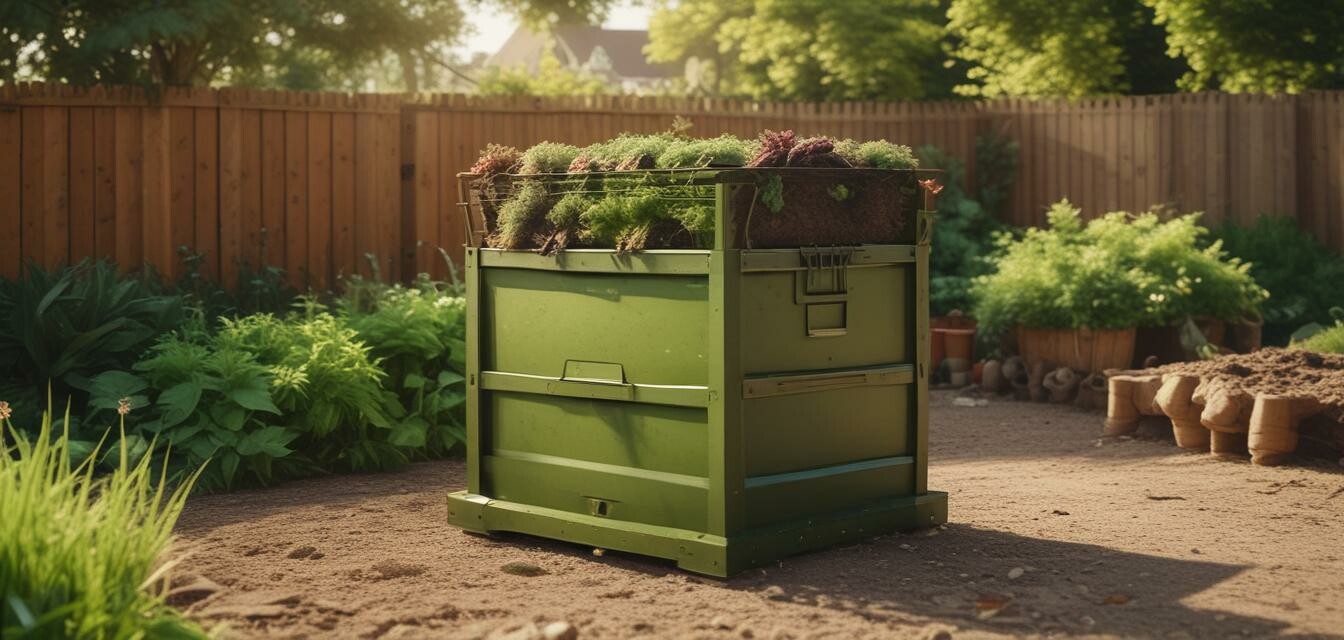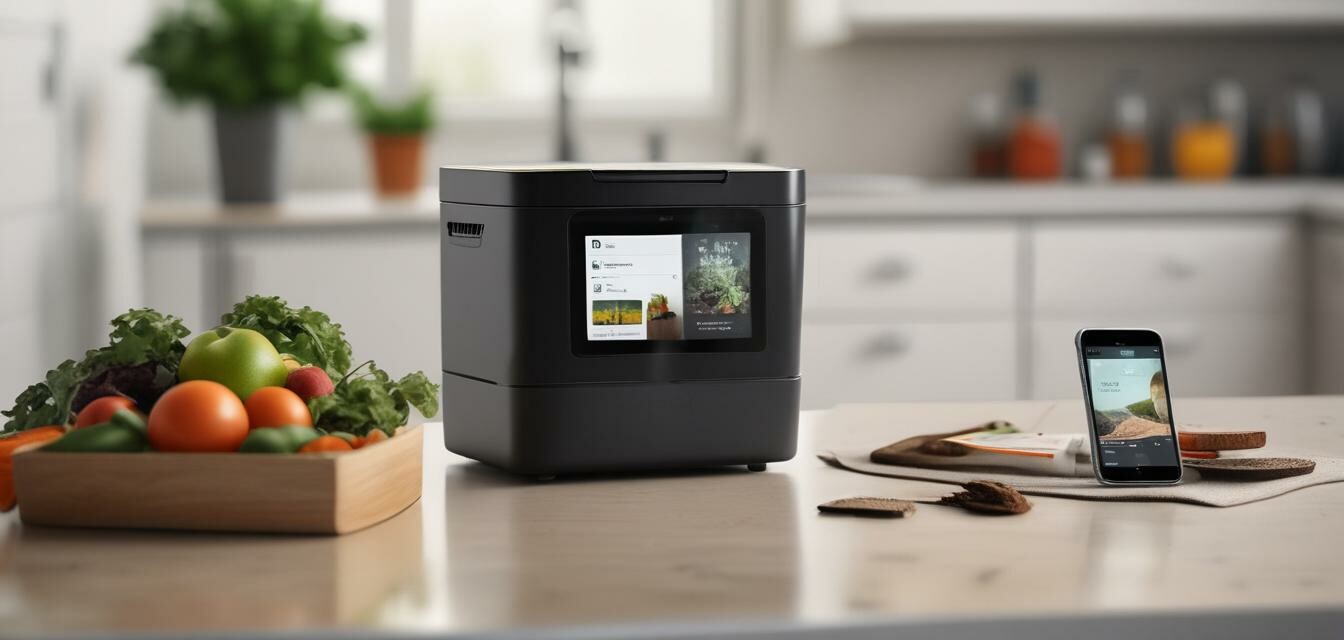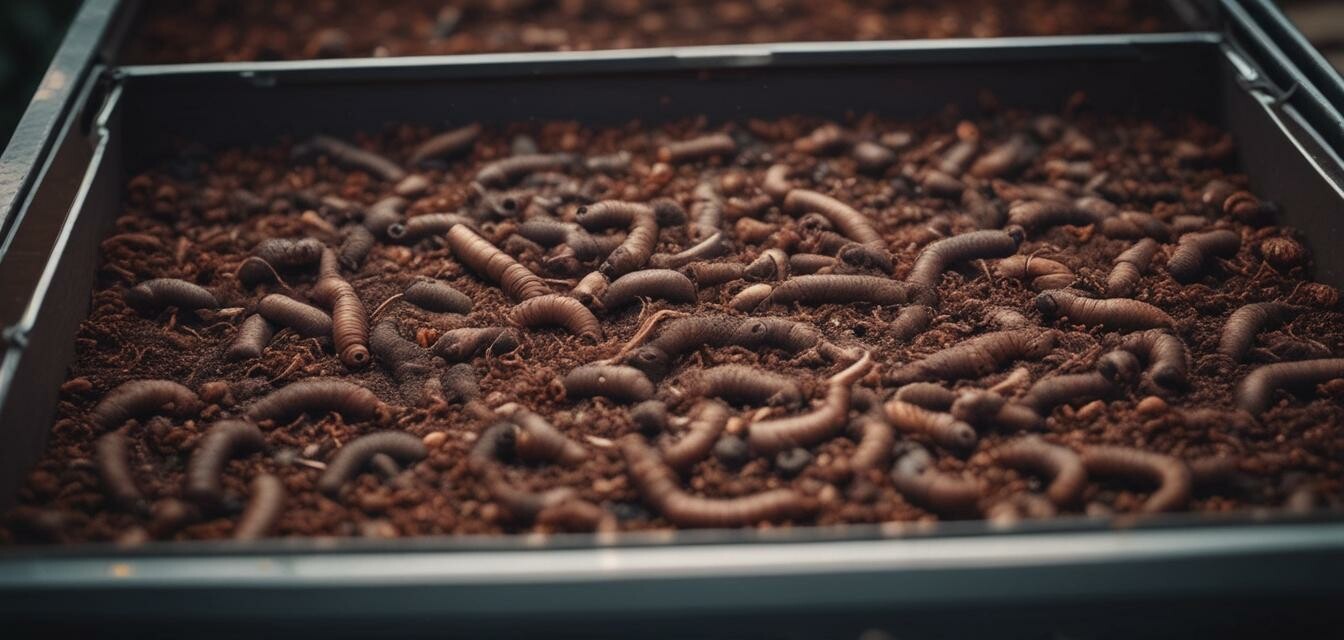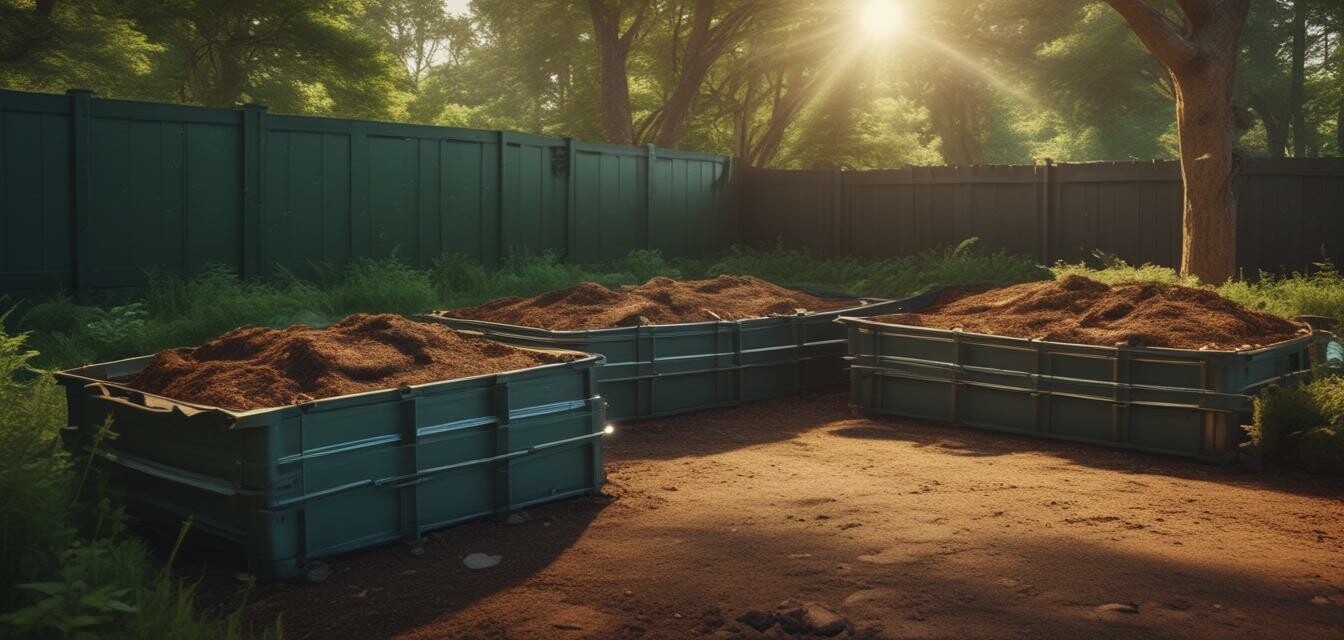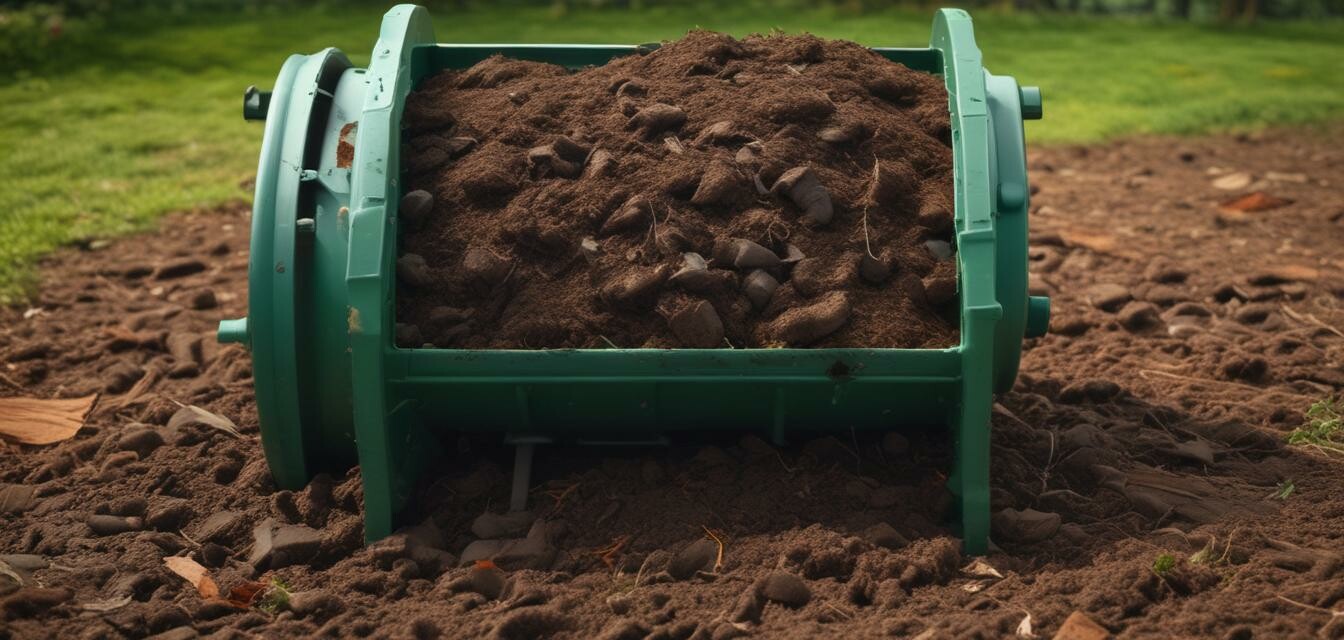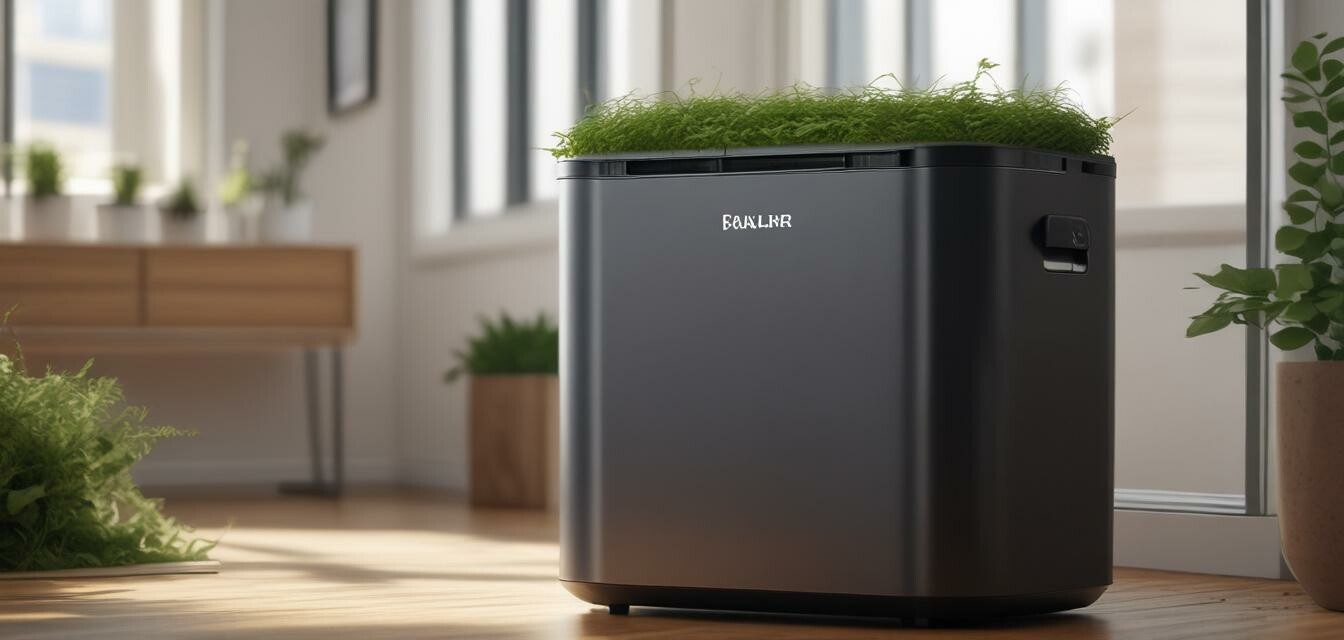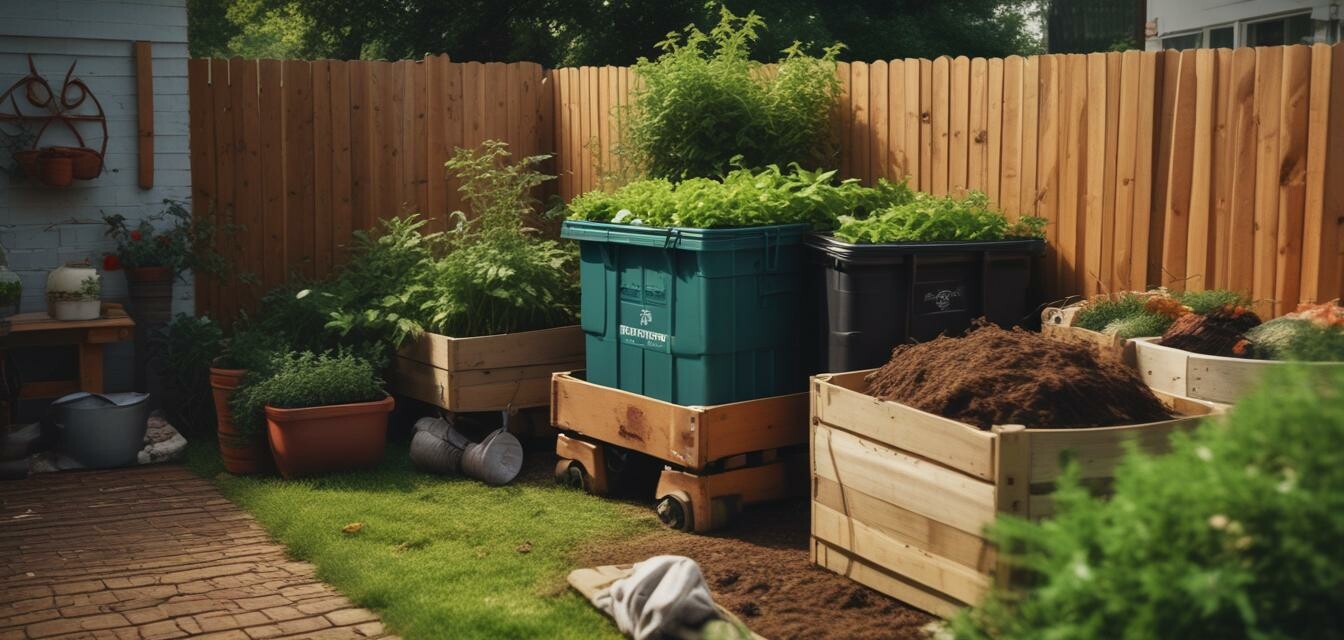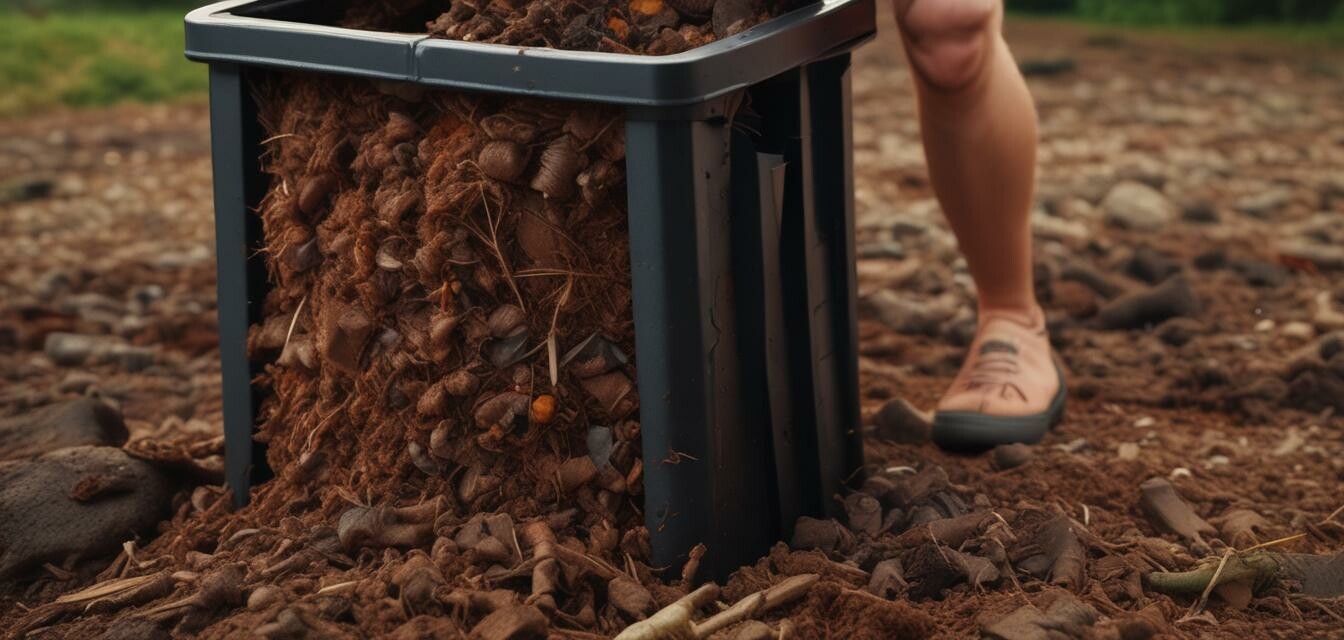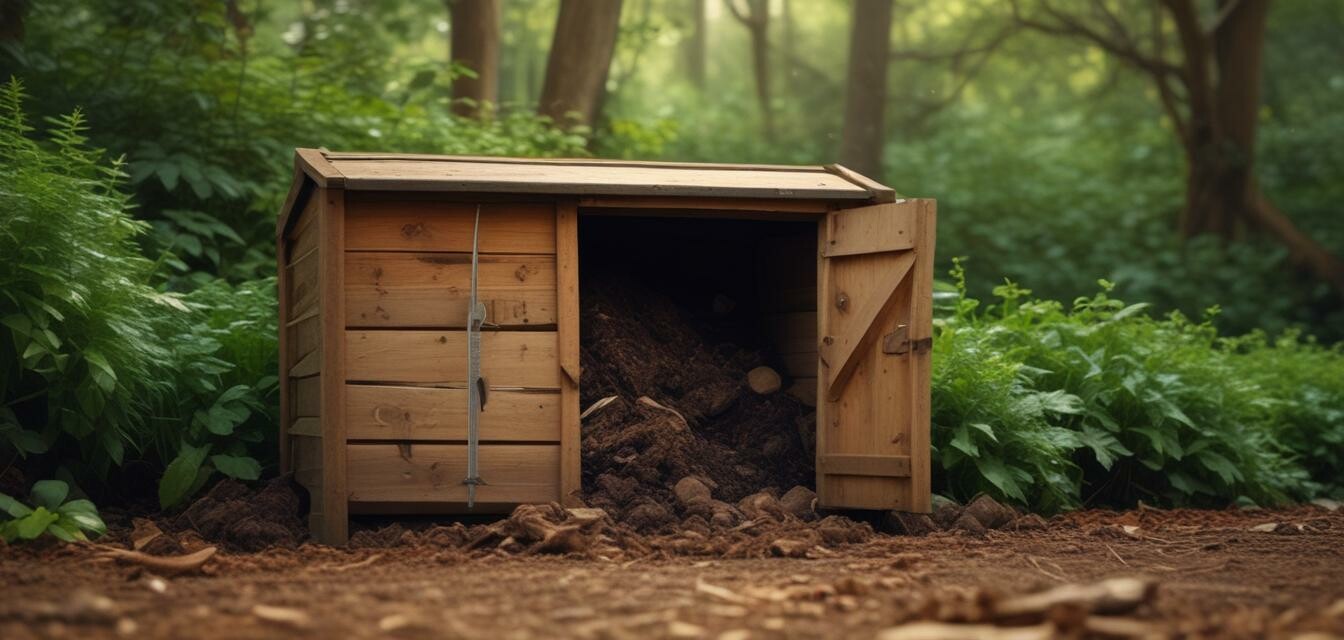
Compost Bin Materials: A Comprehensive Guide
When it comes to composting, one of the most critical decisions you'll make is choosing the right compost bin material. The material you select can significantly impact the composting process, affecting factors like decomposition rate, odor control, and overall efficiency. In this article, we'll delve into the different compost bin materials available, their pros and cons, and help you make an informed decision for your composting needs.
Key Takeaways
- Plastic compost bins are durable and easy to clean but can retain heat and moisture.
- Metal compost bins are excellent for aeration and pest control but can be noisy and prone to rust.
- Wooden compost bins are aesthetically pleasing and breathable but require regular maintenance and can be prone to pests.
- Ceramic compost bins are durable and resistant to pests but can be heavy and expensive.
- Bamboo compost bins are eco-friendly and breathable but may not be as durable as other materials.
Types of Compost Bin Materials
Compost bin materials can be broadly categorized into five types: plastic, metal, wood, ceramic, and bamboo. Each material has its unique characteristics, advantages, and disadvantages.
| Material | Pros | Cons |
|---|---|---|
| Plastic | Durable, easy to clean, affordable | Retains heat and moisture, may leach chemicals |
| Metal | Excellent aeration, pest control, durable | Noisy, prone to rust, can be expensive |
| Wood | Aesthetically pleasing, breathable, natural | Requires regular maintenance, prone to pests, can rot |
| Ceramic | Durable, resistant to pests, easy to clean | Heavy, expensive, may crack or break |
| Bamboo | Eco-friendly, breathable, lightweight | May not be as durable, prone to pests, can be expensive |
Factors to Consider When Choosing a Compost Bin Material
When selecting a compost bin material, consider the following factors:
- Climate: If you live in a hot and humid climate, you may want to opt for a material that allows for good aeration and moisture control.
- Pest Control: If you have a problem with pests in your area, consider a material that provides excellent pest control, such as metal or ceramic.
- Maintenance: If you're not willing or able to perform regular maintenance, choose a material that is easy to clean and maintain, like plastic or ceramic.
- Budget: Determine how much you're willing to spend on a compost bin and choose a material that fits within your budget.
- Aesthetics: Consider the style and design of your outdoor space and choose a material that fits in with your decor.
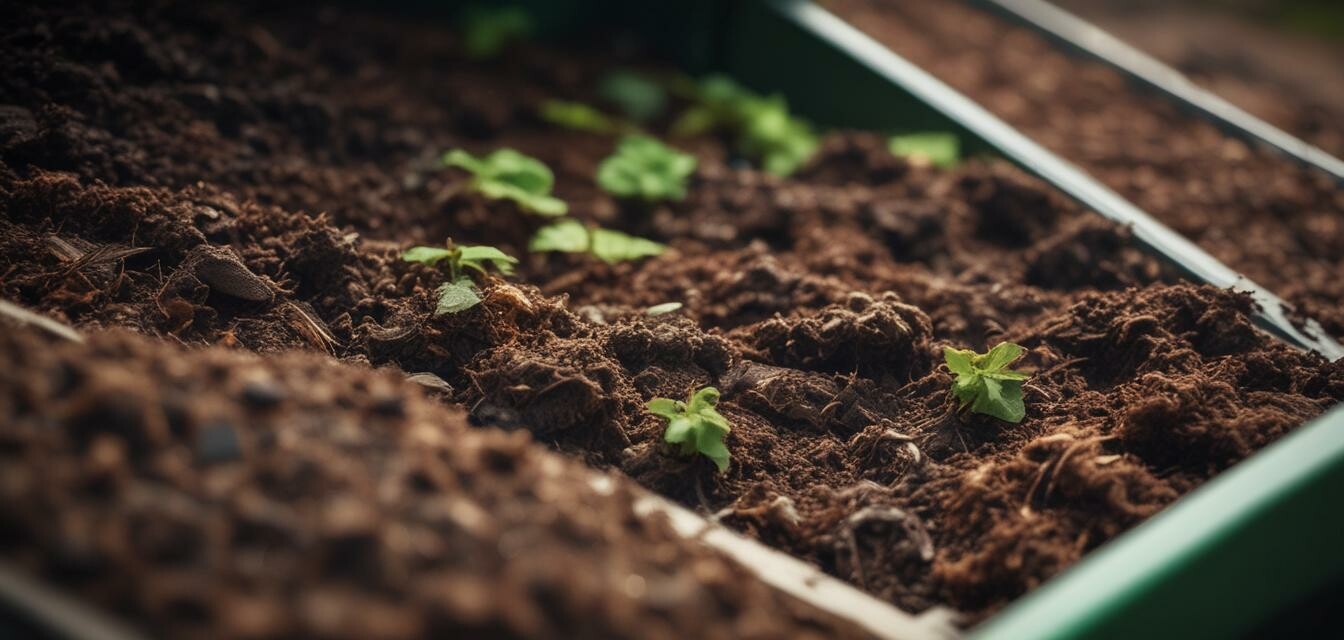
Compost Bin Materials for Specific Composting Methods
Depending on the composting method you choose, you may want to select a specific material for your compost bin. For example:
- Compost tumblers often use plastic or metal materials for ease of turning and aeration.
- Worm composting bins typically use wooden or ceramic materials to maintain a consistent temperature and moisture level.
- Open air composters often use wooden or bamboo materials for breathability and ease of maintenance.
- Bokashi composting typically uses ceramic or plastic materials for fermentation and anaerobic digestion.
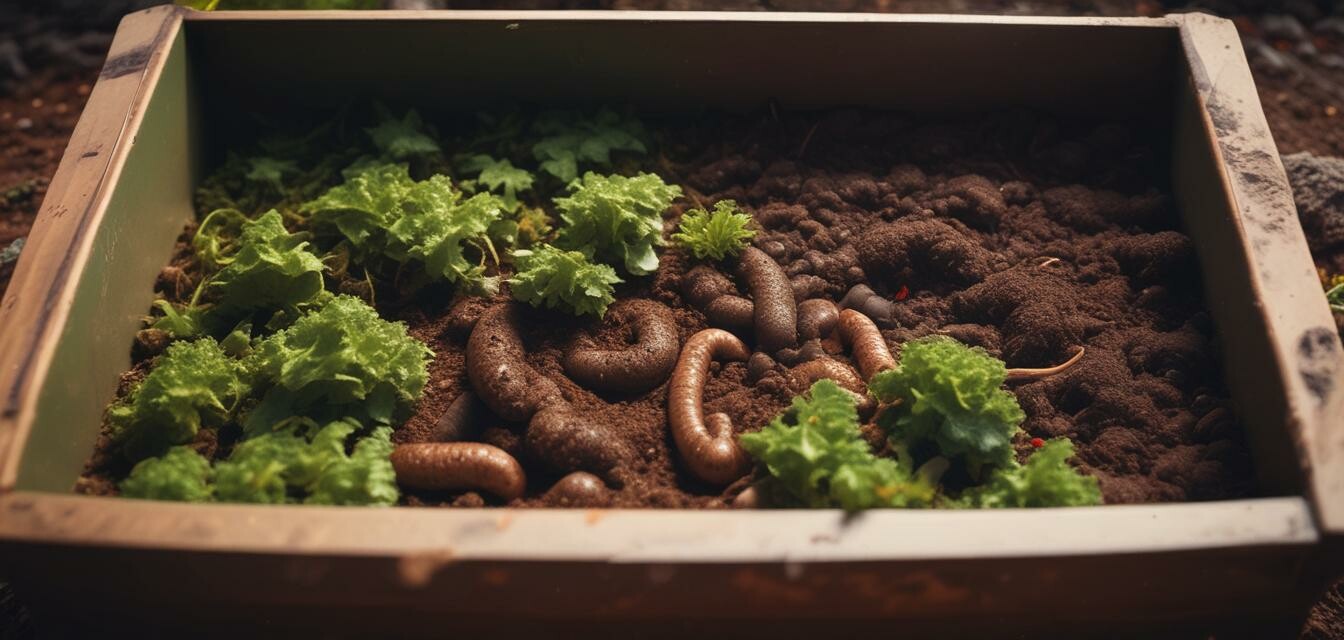
Conclusion
Choosing the right compost bin material is crucial for a successful composting experience. By considering factors like climate, pest control, maintenance, budget, and aesthetics, you can select a material that meets your specific needs. Remember to also consider the composting method you'll be using and the specific requirements for that method.
Beginners' Tips
- Start small and experiment with different materials to find what works best for you.
- Consider a hybrid approach, combining different materials for a customized compost bin.
- Don't be afraid to get creative and repurpose an old container or material for your compost bin.
Pros of Using a Compost Bin
- Reduces waste and creates a nutrient-rich fertilizer for your garden.
- Helps to eliminate odors and pests associated with composting.
- Provides a tidy and organized composting process.
Cons of Using a Compost Bin
- May require regular maintenance and monitoring.
- Can be expensive, depending on the material and size.
- May not be suitable for large quantities of compost materials.
